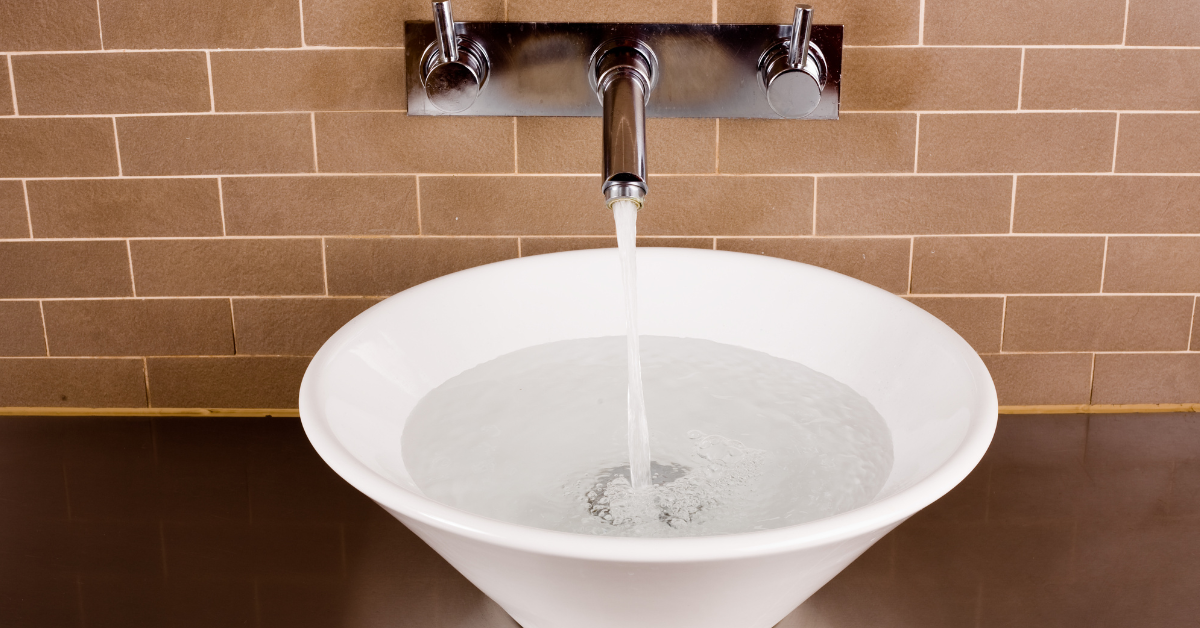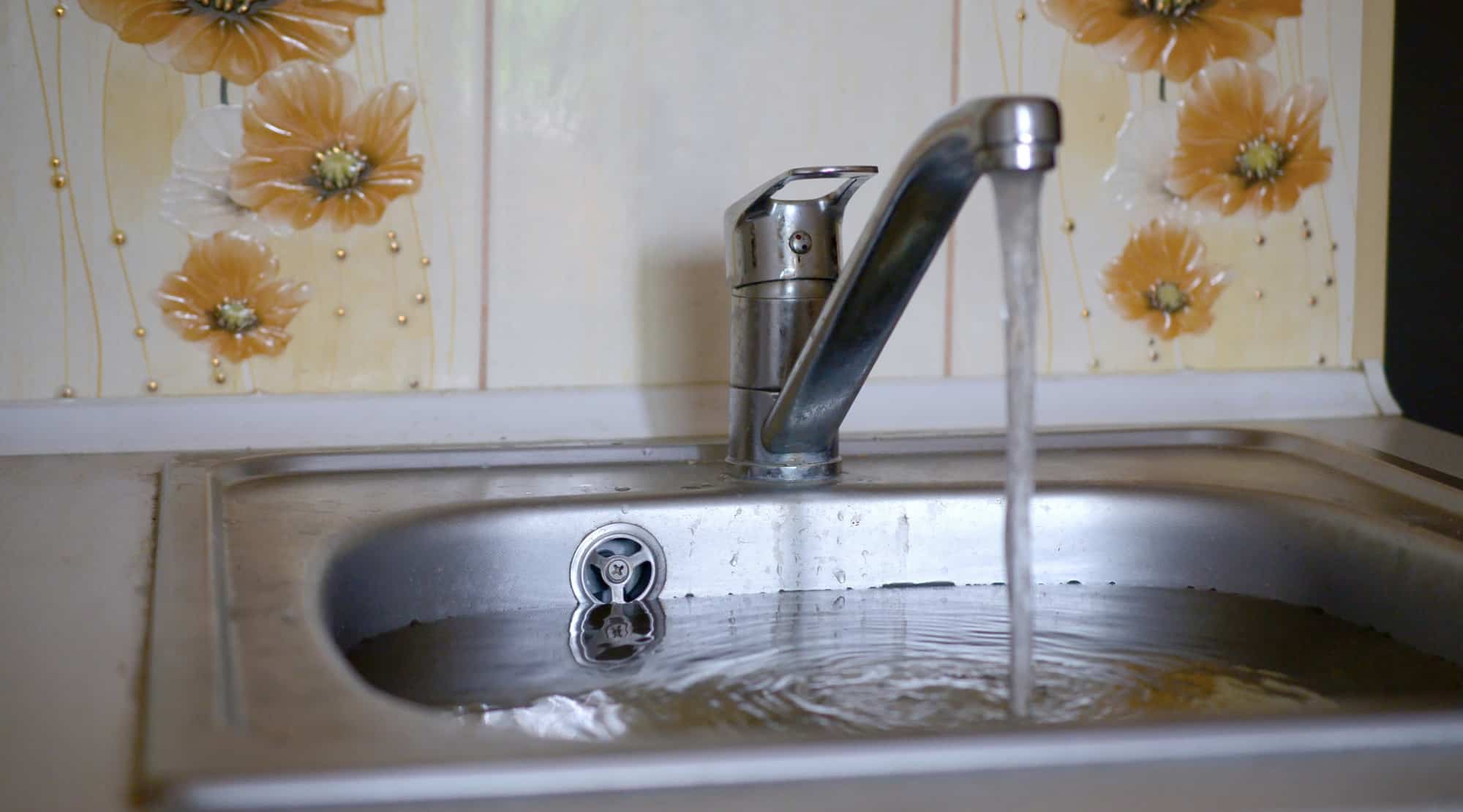Just how do you feel on the subject of 7 Ways To Fix A Slow-Draining Sink Before You Call A Plumber?

Intro
We have actually all existed: You're brushing your teeth or cleaning your hands, and you notice the water merging in the sink. Instead of rapidly swirling away, it sticks around, turning your once-refreshing morning routine into a small swamp scene. A slow-draining sink isn't just frustrating; it's typically an indication of bigger plumbing concerns prowling below the surface area. The bright side is that the majority of slow-draining sinks can be repaired with a little know-how, a few basic devices, and some perseverance. All set to tackle this task head-on? Allow's roll up our sleeves and dive right in.
Comprehending the Sources Of a Slow-Draining Sink
Before you start poking around in your pipelines, it assists to understand what could be causing the slowdown. Understanding the root cause makes it much easier to choose the right solution.
Typical Offenders Behind Slow Water Drainage
So, what's clogging points up? Commonly, it's a combination of daily particles-- believe hair, soap residue, tooth paste residue, and remaining food particles. In time, these little bits accumulate and hold on to the pipe walls, slowly narrowing the passage and making it harder for water to travel through. Sometimes, natural resource from hard water can also contribute to the gunk, producing the ideal storm for stubborn obstructions.
When is it Time to Take Action?
If you notice the water draining pipes slower than common, it's a great idea to step in quicker rather than later. Waiting also long could result in complete clogs, unpleasant odors, or even pipe damage. If the water takes greater than a couple of secs to clean out after shutting off the tap, consider it a red flag and prepare to place on your do it yourself hat.
Tools and Materials You'll Require
The right tools make all the difference. Fortunately, you will not need a totally stocked plumbing's van to do the job.
Necessary Devices for DIY Services
A plunger is your go-to starting factor. A small, sink-sized plunger develops suction that can displace small clogs. For even more consistent clogs, a drain serpent (occasionally called a plumber's auger) works marvels. A pair of handwear covers, a flashlight, and maybe a set of safety safety glasses are also handy.
Recommended Cleaning Solutions
Moderate recipe soap and warm water can help break down greasy build-up. A blend of cooking soda and vinegar is a time-tested home remedy, and enzymatic cleansers offer a more environmentally friendly technique. Keep chemical drainpipe cleaners as a last hope, as they can be harsh on your pipelines.
Safety First: Safety Measures and Prep work
Before you launch into unclogging mode, think about safety. You're managing potentially unclean water and debris, so slip on a pair of handwear covers. If you're utilizing chemical cleansers, guarantee the room is well-ventilated and follow the instructions on the tag.
Protective Equipment and Work Space Arrangement
Put down some old towels or dustcloths around the sink location to capture dashes. Remove any type of products that might enter your method, like soap dispensers or tooth brush owners. Ensure you have great illumination-- order a flashlight if needed.
Step-by-Step Guide to Taking Care Of a Slow-Draining Sink
Currently, allow's enter into the nitty-gritty. This detailed process will direct you with basic strategies to recover your sink's drain.
Action 1: Eliminate and Tidy the Stopper
Commonly, the stopper (that small plug you push down to obstruct water) is the very first offender. Remove it carefully and wipe any type of hair or gunk trapped around its base. Wash it extensively before putting it back in position.
Step 2: Use a Bettor to Dislodge Debris
Got that plunger prepared? Position it over the drain and provide it a couple of firm pumps. The concept is to develop suction that can loosen any obstruction. If you see bits of particles drifting up, you're on the ideal track.
Step 3: Attempt a Drainpipe Serpent or Cable Hanger
If the plunger doesn't do the trick, it's time to highlight the drain snake. Delicately feed it right into the drain and twist as you go. You might feel some resistance-- that's most likely the clog. Maintain twisting and drawing up until you eliminate the blockage. If you do not have a drainpipe serpent, a straightened wire hanger can work in a pinch.
Tip 4: Apply a Do It Yourself Drainpipe Cleaner
An all-natural cleaner made from baking soft drink and vinegar can break down residual gunk. Put half a mug of cooking soda into the drain, followed by half a cup of vinegar. Allow it fizz for about 15 mins, after that flush with hot water. This chemical reaction usually does marvels for small clogs.
Tip 5: Reconstruct and Check the Sink
Put everything back together and run the tap. Does the water now swirl down the drain at a commendable rate? If yes, provide on your own a pat on the back. Otherwise, do not misery-- there are still a couple of more dress up your sleeve.
Different Approaches for Stubborn Clogs
Not all obstructions are created equal. If your sink still rejects to comply, take into consideration these different services.
Sodium Bicarbonate and Vinegar Technique
We already discussed this, but it deserves keeping in mind once more. This mild, green approach is more secure than chemical cleansers and usually rather efficient.
Chemical Drain Cleaners
Enzyme-based cleaners utilize natural germs to absorb organic matter. They're a superb selection if you're seeking to avoid severe chemicals. Just remember, they may take a bit longer to function their magic.
Chemical Drain Cleaners: Pros and Cons
Chemical cleansers can blast through challenging obstructions quickly, yet they're not without downsides. They can create warmth and fumes, damage pipes if made use of excessively, and pose ecological dangers. Utilize them sparingly, and constantly follow the instructions carefully.
Preventive Measures to Keep Your Sink Flowing
Prevention is the best cure. By adopting a few basic practices, you can keep your sink from decreasing to begin with.
Regular Cleaning Up Practices
Clean down the sink container and component location frequently. Remove hair or food fragments prior to they have a chance to wash down the drainpipe.
Avoiding Dangerous Compounds Down the Drain
Think twice before disposing coffee premises, grease, or fibrous vegetable scraps down the sink. These wrongdoers hold on to pipeline walls, creating clogs in time.
Routine Upkeep Checks
Set up a fast regular monthly inspection. Run warm water through the sink for a few minutes, taking notice of the flow. If it seems slow-moving, act quickly before it ends up being a full-on blockage.
When to Call an Expert Plumber
In some cases, despite exactly how hard you try, that block simply will not budge. That's when it's time to bring in the pros.
Signs That Suggest a Much More Significant Problem
If your sink drains slowly despite multiple attempts, or if you notice water backing up in various other fixtures (like your shower or bathroom), you may have a much more major pipes concern prowling deeper in the system.
Balancing DIY Initiatives with Professional Help
While do it yourself can save you money and supply a sense of success, there's no pity in calling an expert. An expert plumber can evaluate your whole plumbing configuration, making certain there's no underlying damages or long-lasting problem that might cost you extra down the road.
Comparing Expenses and Long-Term Solutions
Prior to making a decision, consider the big picture. An economical, quick fix could address the issue temporarily, yet investing in an extra permanent solution might conserve you money and anxiety in the long run.
Weighing the Expenses of Do It Yourself vs. Specialist Solutions
DIY fixes often cost little bit greater than the price of a bettor or a container of baking soda. Expert services, on the other hand, come with a cost yet might avoid repetitive issues and expensive repair work later on.
Buying High Quality Fixtures and Upgrades
If your sink's style contributes to regular blockages, it could be worth updating to higher-quality fixtures or changing the plumbing design. Consider this an investment in your home's performance and comfort.
Final thought
A slow-draining sink can seem like a small irritability, but it's often an indication that your pipes needs a little TLC. By recognizing the root causes, utilizing the right devices and strategies, and committing to basic safety nets, you can maintain your sink flowing easily. And when all else falls short, never ever hesitate to contact a specialist-- your home's pipes deserves the financial investment in treatment and upkeep.
Three Common Ways to Fix a Slow Drain
Baking Soda Method
Boil a full pot of water. Measure out cup of baking soda and pour it down the drain. Then take cup of the magical cleansing substance known as white vinegar and drop that down there too. Allow the mixture to fizz in the drain for five minutes as the vinegar and baking soda combine. Now dump in that whole pot of boiling water. This combination of cleaning substances should clear out anything that is causing your sink to drain slowly. If it doesn t...
Zip-It
If the baking soda method doesn t clear out your drain, it may be because a significant amount of hair and/or other debris has collected there and you need to remove it. Purchase a Zip-It tool at any home improvement or hardware store and insert it into your drain. It will catch any collected hair or debris that s blocking the flow of water. Pull it out. If it s got a big clump of hair, etc. on the end, you ve probably got your culprit.
Drain Cleaner
If these methods don t work, there is the standard drain cleaner that you can also buy in a hardware store or even your local grocery store. It s better if you can use a household solution, but these drain cleaners often work in a pinch. They re very simple to use. You generally just dump them in your drain and wait. If even this method is not effective, it may be time to call the plumber.
https://www.mrrooter.com/oneida/about-us/blog/2017/july/three-common-ways-to-fix-a-slow-drain/

I discovered that article on 4 Tips to Fix a Slow Draining Sink while doing a lookup on the search engines. Sharing is good. One never knows, you will be helping someone out. Thank you so much for going through it.
Click Here